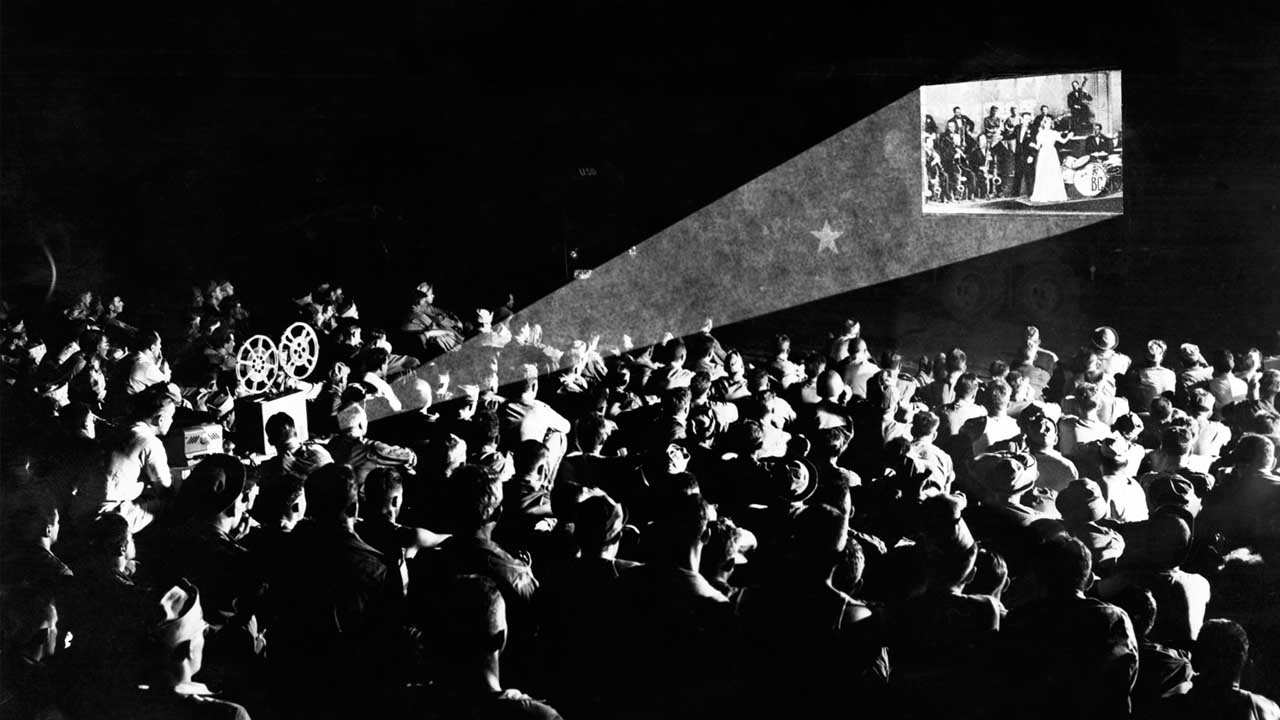Leaders serve as the heads of their countries. Some leaders have been notably oppressive, earning them the label of dictators. Dictators are often associated with cruelty, reflecting their harsh governing style. On the other hand, leaders like Mustafa Kemal Pasha are revered as heroes in their respective countries.
Imagine if technology existed to uncover all secret videos and speeches of leaders. While this could be beneficial for transparency in some nations, it might be contentious in others. For instance, Germany may not appreciate revisiting Adolf Hitler’s speeches from World War II, given his dictatorial rule and animosity towards Polish people. Germans often avoid discussing this dark period in their history.
In contrast, exploring the speeches and videos of leaders like Mustafa Kemal Pasha could be enriching for Turkey and the global community. However, there’s a potential downside. If such technology reveals troubling aspects of past leaders, it could exacerbate existing tensions between nations. For instance, historical grievances, like the animosity between Poland and Germany, might resurface and contribute to geopolitical conflicts, even leading to a scenario reminiscent of World War III.
In summary, while the idea of technology revealing historical truths may have positive implications, its impact on international relations could be complex and potentially lead to unforeseen consequences.

